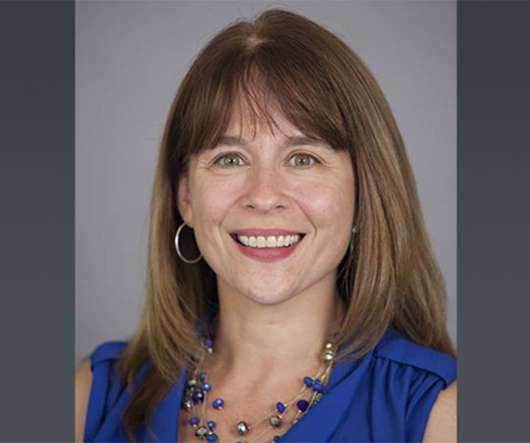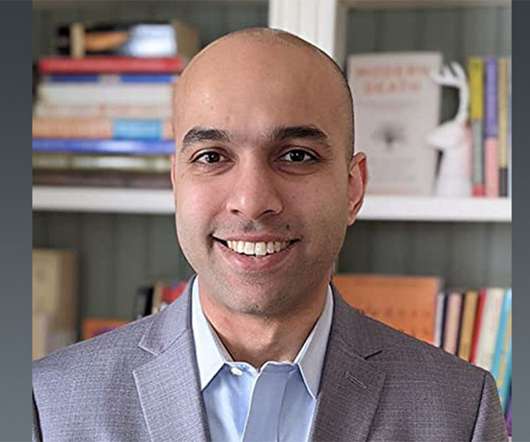Doctors for America Calls for Transparency in COVID-19 Vaccine Regulation
Doctors for America
MAY 30, 2025
As physicians, we know that access to these evidence-based tools to prevent severe illness, disability, and death, are essential to the care of our patients and our shared goal to improve the health of all Americans. DFA teaches physicians and medical students advocacy skills and does advocacy at a state and federal level.















Let's personalize your content